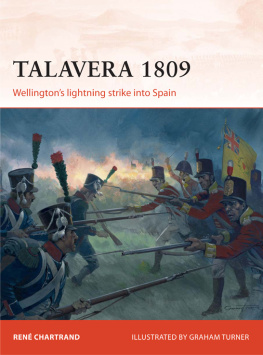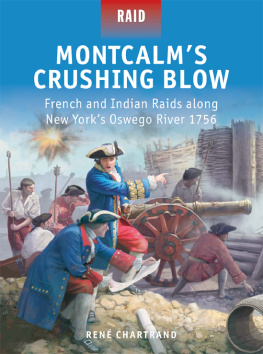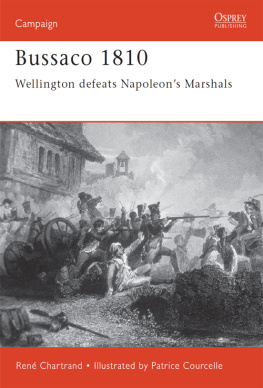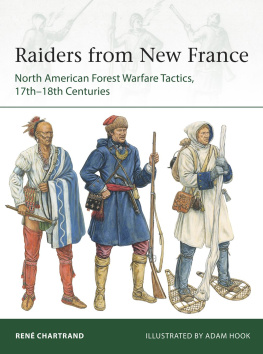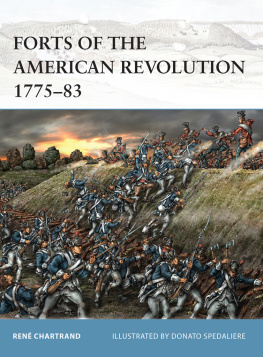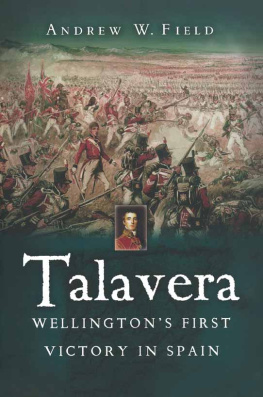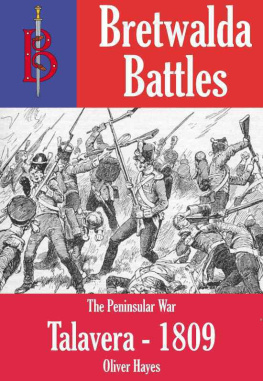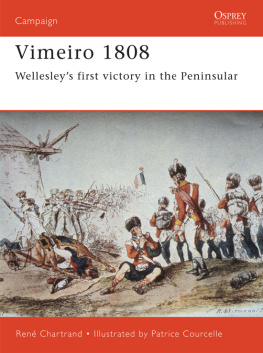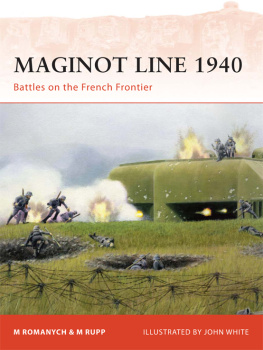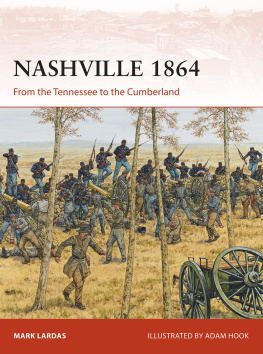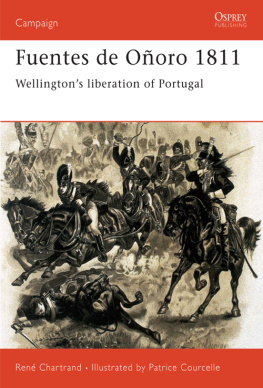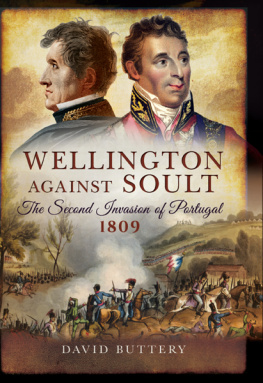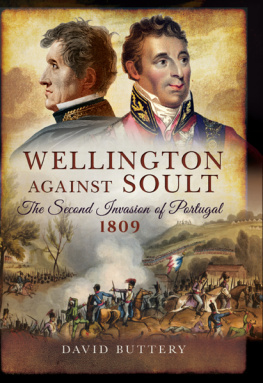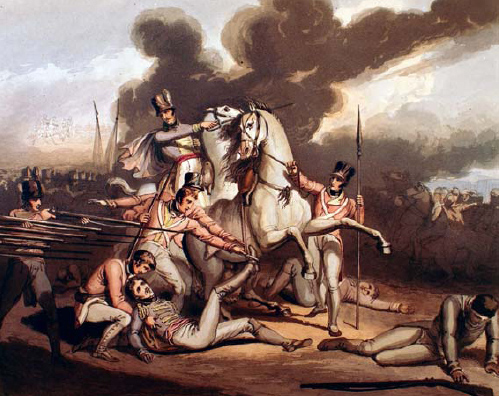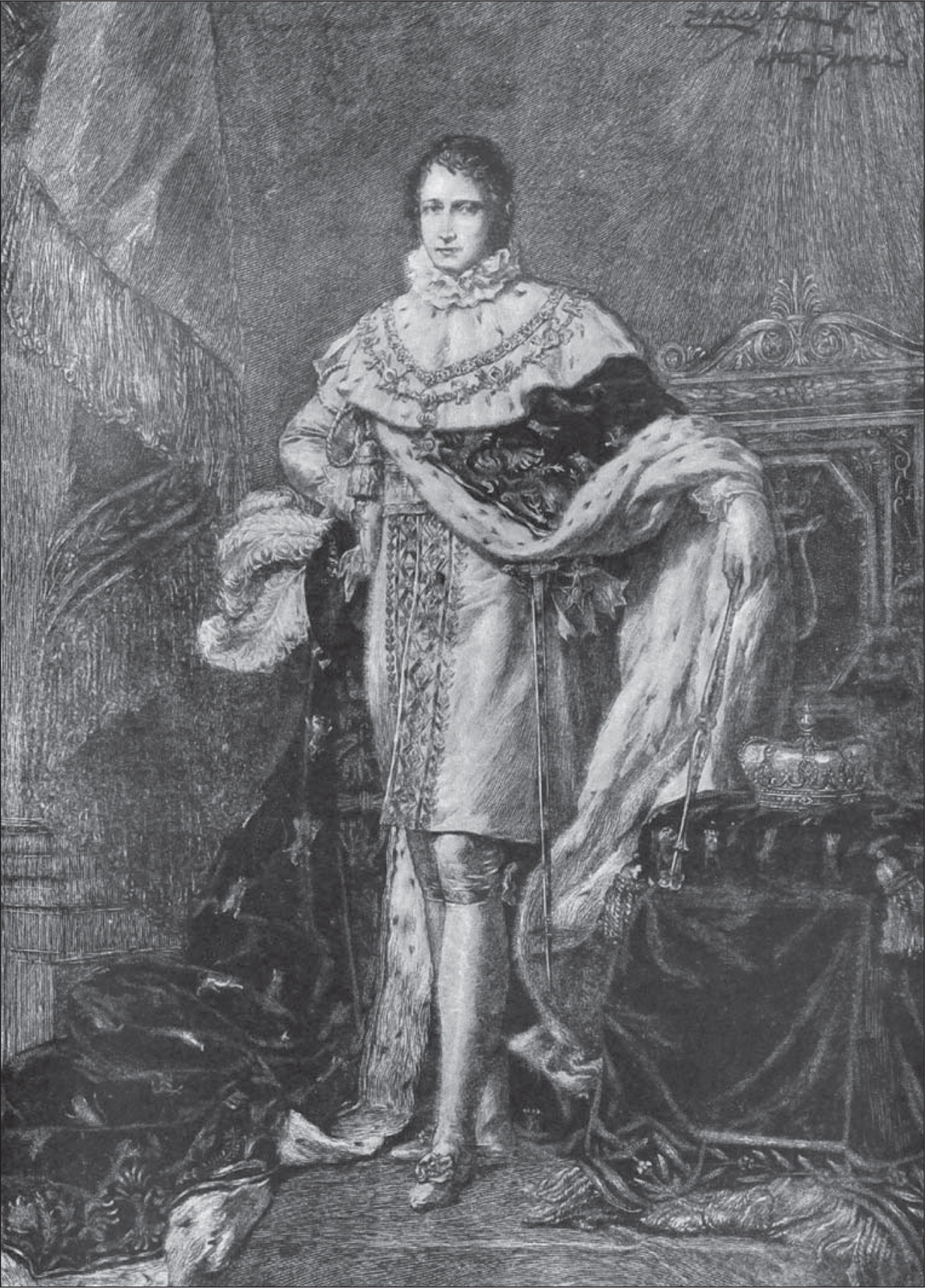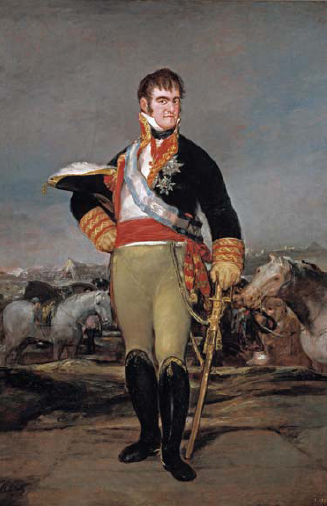CAMPAIGN 253
TALAVERA 1809
Wellingtons lightning strike into Spain
| REN CHARTRAND | ILLUSTRATED BY GRAHAM TURNER |
| Series editor Marcus Cowper |
CONTENTS
Joseph Bonaparte, King of Spain, 18081813. Nominally the commander of the French army at Talavera, but effective command was assumed by marshals Jourdan and Victor. Print from a drawing by Eric Pape after a formal court portrait by Franois Grard. (Private collection. Authors photo)
ORIGINS OF THE CAMPAIGN
In the early 19th century, Great Britain was at war with France, which was then led by its emperor crowned in 1804, Napoleon I. Through international trade, Britain had nevertheless become one of the worlds most prosperous nations. In order to break its sources of wealth, the French Emperor established, in 1806, a Continental Blockade to cut off Britains trade with the European mainland. With Napoleon or his allies now in control of nearly all the European coastline, a trade ban with Britain would, he hoped, weaken Britains economy as well as deny the island nation its vital timber sources from Baltic countries to build ships. This hope of naval starvation was, in fact, being shattered even before Trafalgar; British shipyards had already turned to Canada whose timber exports multiplied by about 20 times in a few years creating unprecedented economic expansion in British North America.
The most severe flaw in Napoleons Continental Blockade was the reluctance that Portugal entertained to apply it. Portugal was reputed as Britains oldest ally. Although a neutral country at that time, the blockade meant the ruin of its commerce so trade between Lisbon and London went on, creating a huge gap in the Continental Blockade. Thus Napoleon made the decision to invade and occupy Portugal. To do that, Gen. Andoche Junot leading a French army of 30,000 men was sent into Spain during the autumn of 1807, while the Spanish ally was told to muster at least an equal number of men; all would then march into Portugal, secure the country, and apprehend and destitute its royal family. Ordinary Spaniards who now gazed at tens of thousands of their allied French troops marching across Spain were not reassured. Would they be next?
Portugal could not repel such an invasion force as now massed along its eastern border. Its regular army had, perhaps, 25,000 men of which 10,000 to 15,000 might be fit for service. Worse, its most influential senior officer, the Marquis de Alorna, was pro-French and felt Portugals long-term salvation would come from becoming part of the pan-European empire mooted by Napoleon. Other generals and some intellectuals also felt there could be no other solution. Even the British estimated that creating a front in Portugal was hopeless. In November, Gen. Junots army, now regrouped at Alcantara, crossed into Portugal by the narrow mountain passes along the upper Tagus River. It was a daring gamble since a well-entrenched force might have blocked the invaders, but Junot felt that resistance would be nil or minimal and, sure enough, his army marched in, easily brushed off what feeble opposition there was, and progressed towards Lisbon. Meanwhile, Gen. Caraffas 25,000-strong Spanish contingent entered the north of the country and eventually peacefully occupied Porto.
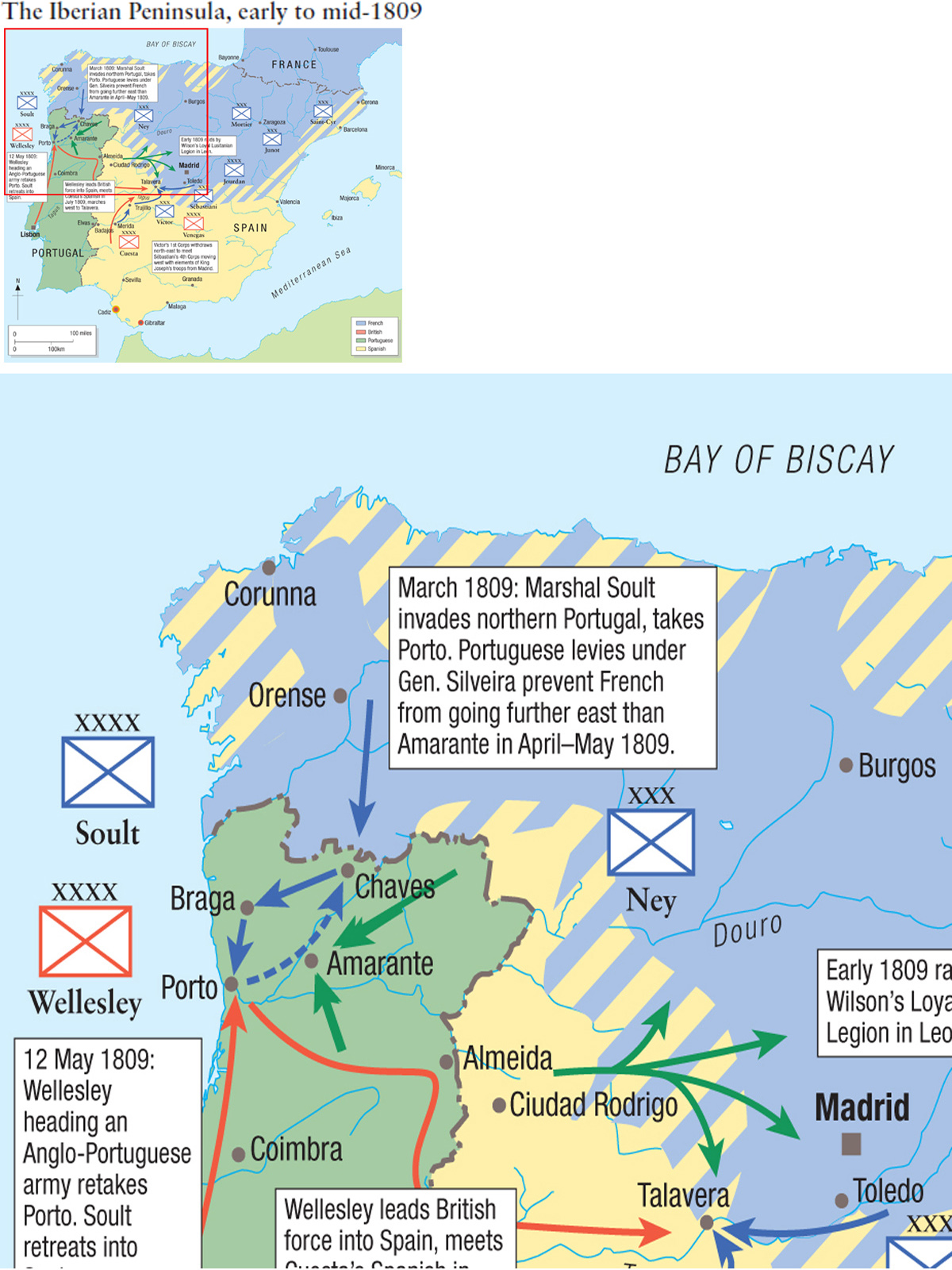
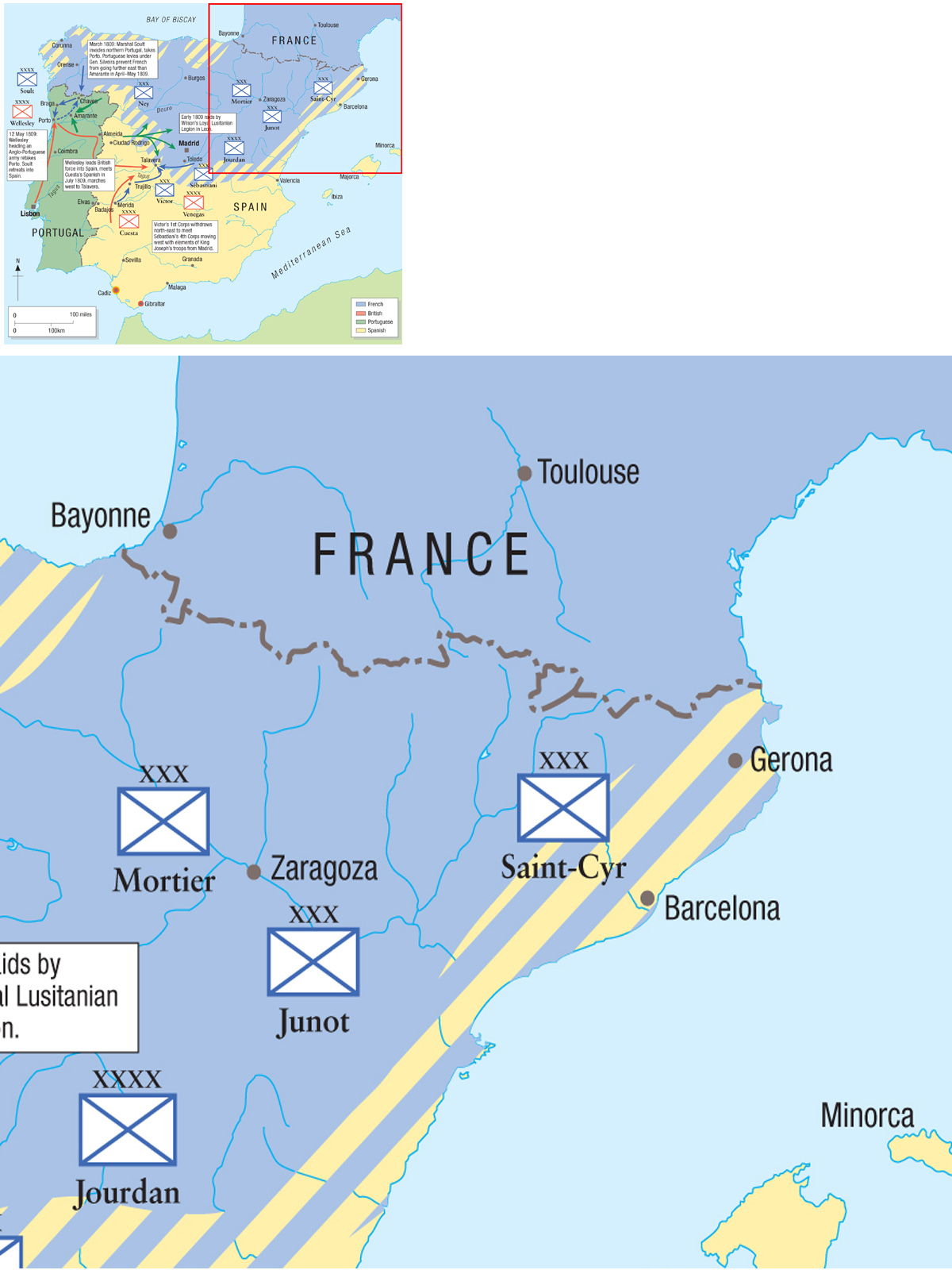
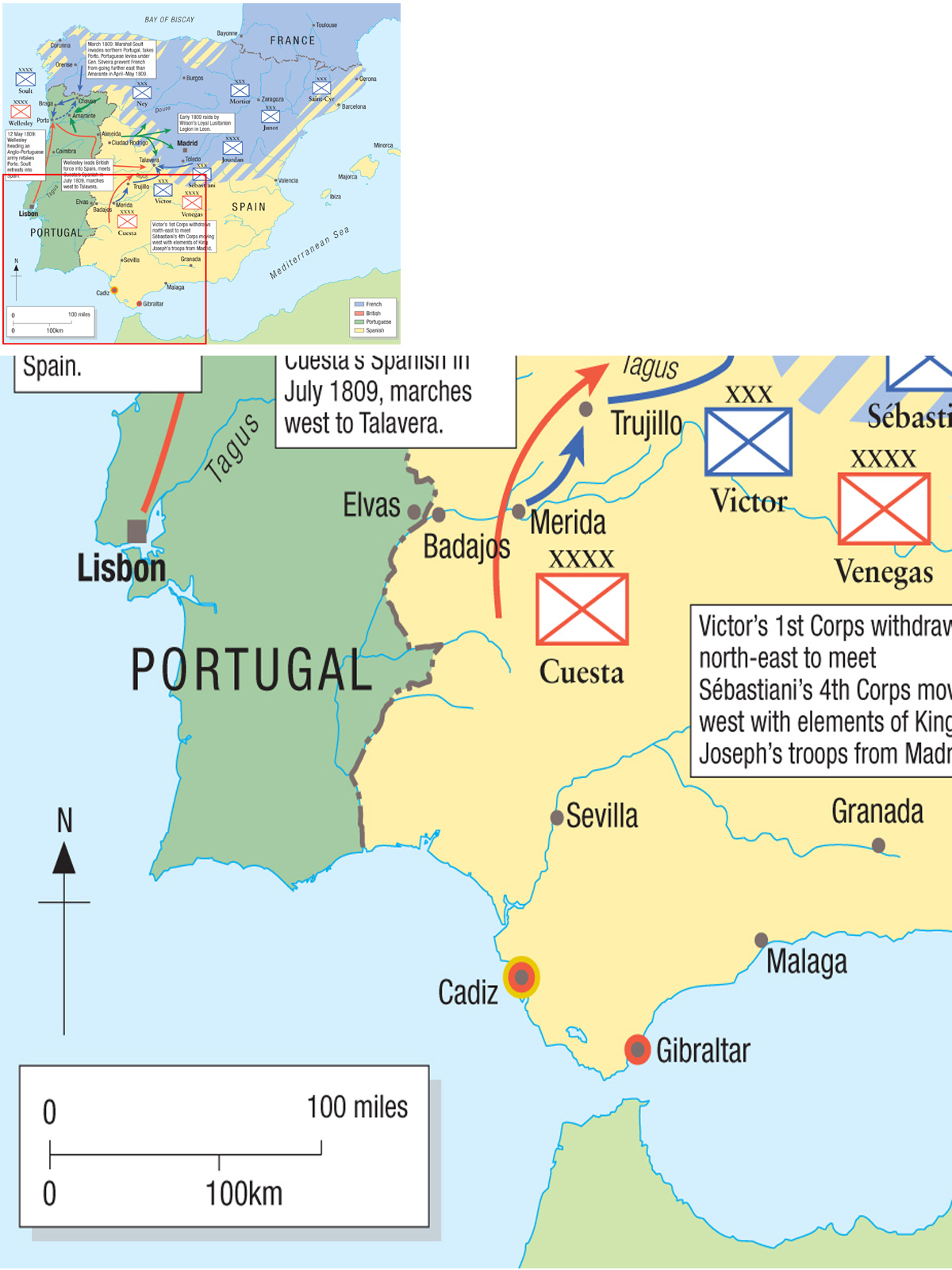
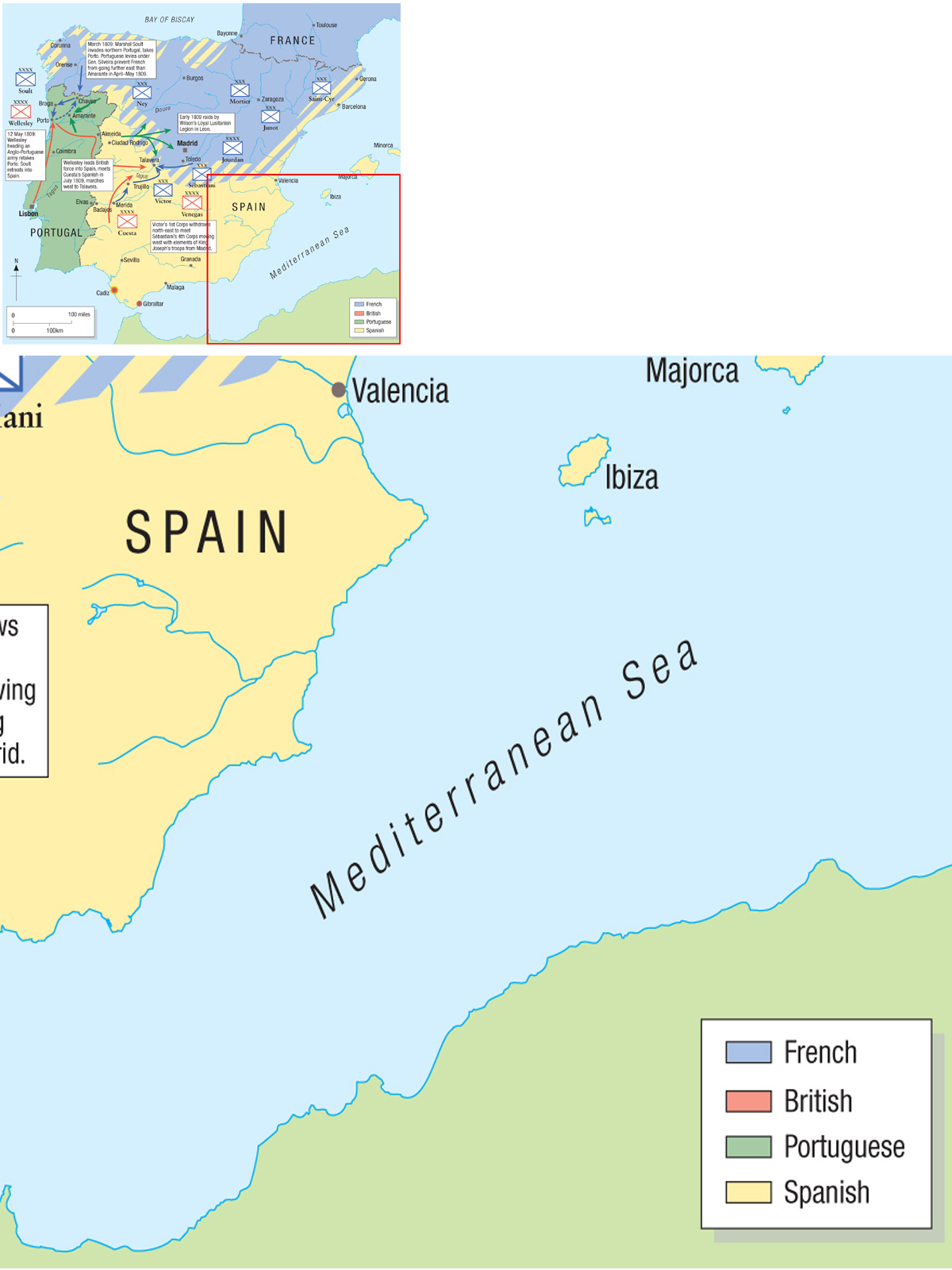
In the royal palace at Lisbon, Prince Regent Joao VI knew that the French would soon appear and that any military resistance would cause a needless bloodbath. He would become a prisoner of the French Emperor and his nation would likely be partitioned amongst Napoleons minions. Faced with this impossible situation, Joao VI made an extraordinary decision that saved the crown and Portugal. Instead of bending his knee to the Emperor Napoleon and his French army, he decided to leave Lisbon and go to Brazil, Portugals immense territory in America, taking with him the royal family and all those at the royal court that would follow him. On 27 November, Joao VI, with some 15,000 people, embarked on a large fleet that sailed out of the Tagus River.
On 7 March 1808, the residents of Rio de Janeiro saw a large fleet of Portuguese and British warships enter the citys superb harbour. On board the 90-gun ship-of-the-line Principe Real was the Prince Regent and the royal family who soon landed to a triumphant welcome. There was no precedent in modern history for such an extraordinary royal gesture, the immediate effects of which were obvious; the legitimate Portuguese government in Brazil was safe from Napoleons clutches and no matter what the French did in occupied Portugal, its peoples heart and soul would always look towards its true rulers in Rio de Janeiro that no French minions could replace. For Britain, the advantage was obvious; Portugal was henceforth in the war against imperial France and, in time, would prove to be a faithful and outstanding ally.
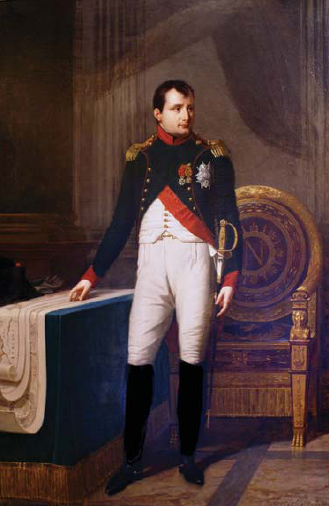
Napoleon I, Emperor of the French, 1809. This portrait, painted in 1809 by Robert Lefvre shows the appearance of the Emperor at that time. He was leading the main part of the French army into Austria when the Talavera campaign occurred in Spain. He is shown wearing his usual uniform, the undress jacket of the Imperial Guards Chasseurs cheval. (Muse Carnavalet, Paris. Authors photo)
Fernando VII King of Spain. Detained in France by Napoleon since 1808, he remained The Desired One in Spain. He was liberated in 1814 and then came back to Madrid where Francisco Goya made this portrait of the king. He wears the uniform of a captain-general. (Museo del Prado, Madrid. Authors photo)
Indeed, the time was soon to come. Following the occupation of Portugal, Napoleon sent more troops into the Iberian Peninsula so that, by early 1808, at least 70,000 men were in Spain and Portugal. The Emperors next objective was to get rid of the degenerate Bourbon royal family in Spain and replace it by crowning his brother Joseph as king of Spain and of the Indies. A series of knavish manoeuvres resulted in the abdication of King Carlos IV and pushing aside his son Fernando, the Prince of the Asturias, in order to make way for Joseph. A Napoleonic administration, it was reasoned, would bring progress and reorganize Spain so that it would become a modern nation. However, French political propaganda was soon checked by some hard realities. Some French troops in Spain, from generals to privates, showed little respect for their Spanish allies, some going so far as to stable their horses in churches. Ordinary Spaniards were increasingly displeased by the callous behaviour of the French troops so that resentment grew as the months passed. If anything, the situation was even worse for the Portuguese where French troops maintained a repressive reign of terror.

